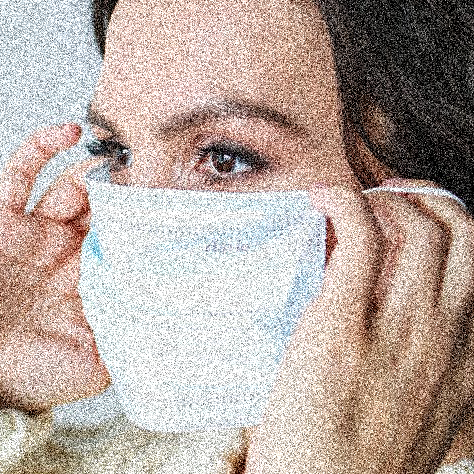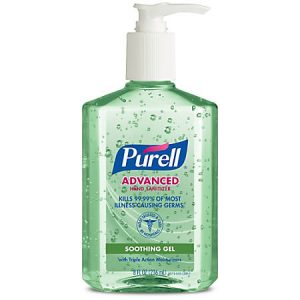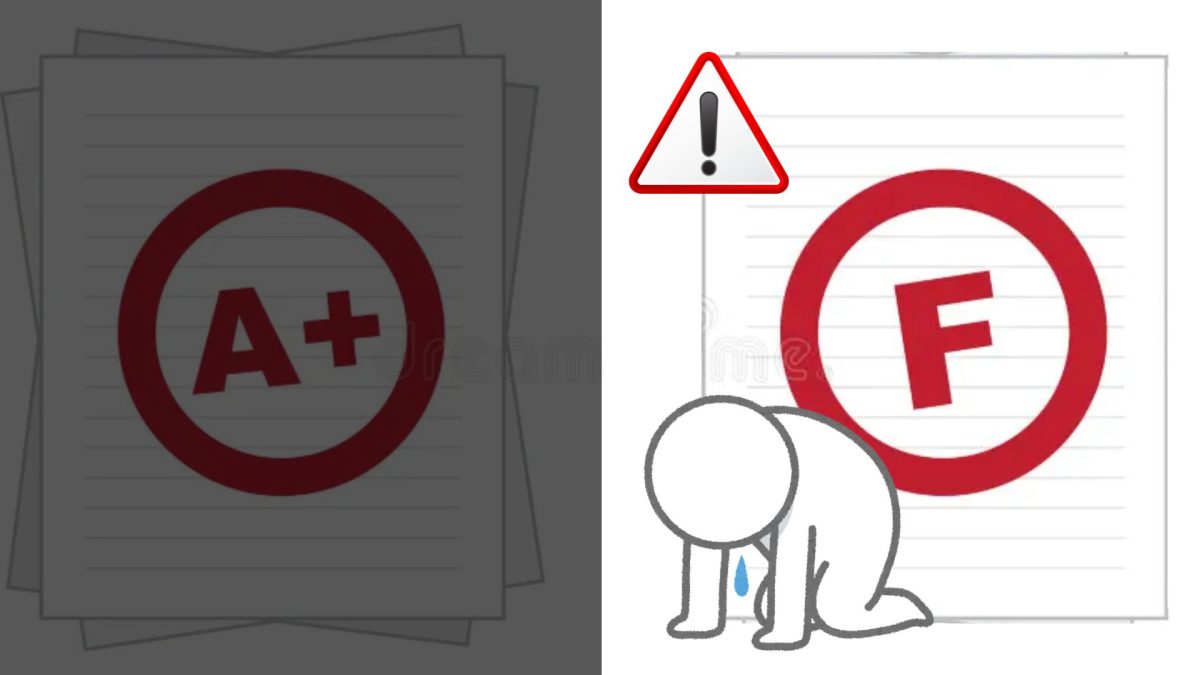How effective are face masks, really?
With the popularity of masks during the spread of covid-19, questions remain about their effectiveness.
Mar 12, 2020
With the Wuhan coronavirus spreading rapidly to different regions of the world, individuals are scurrying to protect themselves and their loved ones from the infectious virus.
Because of the lack of information on the virus, many infected areas are wearing surgical masks to prevent becoming infected, resulting in a shortage of masks in cities in China. Many Amazon.com merchants are sold out.
However, even with the popularity of masks, questions remain about their effectiveness.
Some viruses, including coronavirus and influenza, can be spread through coughing or sneezing. According to at least one study, when masks are used the correct way, they lower risks of catching flu by up to 80 percent.
Masks do curb the spread of airborne viruses, but if those infected touch their eyes or nose, then another person or surface, whoever they came in contact with and those who touched the contaminated surface are at risk of falling sick as well.
So even though masks do help keep the virus from spreading, they are not as effective in protecting the wearer from being infected.
There are two different types of masks available: surgical masks and respirators.
Surgical masks are typically used by doctors, nurses and dentists while treating patients to protect from splashes and sprays, such as sneezes and coughs and other hazardous fluids.
While they create a temporary barrier, tiny particles nonetheless can easily seep through the mask because of its fairly thin material and loose fit.
Respirators, commonly used by construction workers, use denser materials to filter out about 95 percent of airborne particles, including viruses and bacteria, according to the Centers for Disease Control and Prevention (CDC).
While the CDC hasn’t issued an advisory for the general public to wear masks, health experts do recommend taking the same precautions you would take for a regular cold or flu: wash your hands often, avoid touching your eyes and mouth, stay away from others who are sick and stay home if you are sick.











